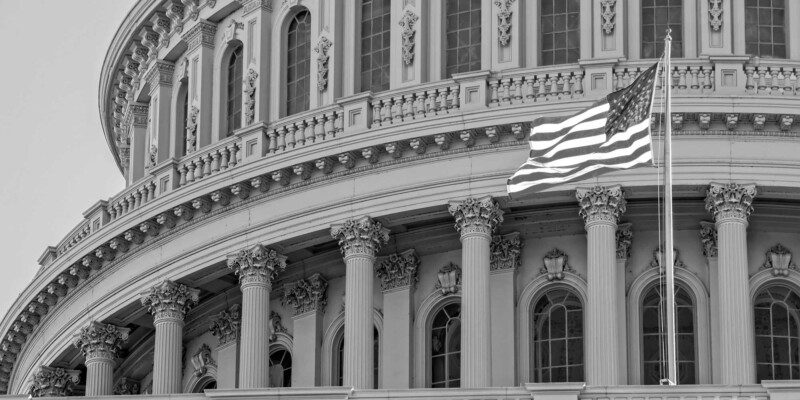News & Insights: Jeremy McCamic
Jeremy leads the Policy Management team, which is responsible for staying current with regulatory changes and how they impact the firm’s investment adviser clients.

SEC Eases Burden of Co-Investment for BDCs and Closed-End Funds
On April 29, 2025, the SEC granted an order to FS Credit Opportunities Corp. and its affiliates (the “Applicants”) that permits business development companies (“BDCs”) and closed-end management investment companies (“CEFs”, collectively with BDCs “Regulated Funds”) to participate in co-investment transactions with affiliated funds and accounts that would otherwise be prohibited by Rule 17(d) of the Investment Company Act.

Republican Members of House Financial Services Committee Outline Biden-Harris Era SEC Rules that Should be Withdrawn
On March 31, 2025, Chairman French Hill and all of the Republican members of the House Financial Services Committee sent interagency letters requesting the rescission, modification, or re-proposal of specific Biden-Harris administration actions to the Consumer Financial Protection Bureau, the Federal Deposit Insurance Corporation, the Federal Reserve, the Office of the Comptroller of the Currency, and the Securities and Exchange Commission (SEC).

SEC Charges Officers at Private Fund Manager for Misuse of Fund and Portfolio Company Assets
On March 7, 2025, the Securities and Exchange Commission (“SEC”) announced settled charges against a registered investment adviser, its former managing partner, and its former chief operating officer for misappropriation of private fund and portfolio company assets.

CTA Beneficial Ownership Reporting Delayed, and Treasury Department Suspends Enforcement for U.S. Reporting Companies
After several preliminary injunctions were lifted it appeared that the CTA and its required reporting of beneficial ownership information were back on. In the announcement, FinCEN granted an additional 30-day extension to the reporting deadline, placing the new deadline on March 21, 2025.

The SEC’s Crypto Task Force, Its Priorities, and an Invitation to Engage
On February 4, 2025, SEC Commissioner Hester M. Peirce issued a statement on the future of the Crypto Task Force. The Task Force’s approach starts with engagement with the crypto industry and the public to provide regulatory clarity, while simultaneously disentangling the many threads of active litigation surrounding crypto.

Extension of Amended Form PF Compliance Date to June 2025
The Securities and Exchange Commission (“SEC”) jointly with the Commodity Futures Trading Commission (“CFTC”), has extended the compliance date for the amendments to Form PF that were adopted on February 8, 2024. The original compliance date fell on March 12, 2025, and is now extended to June 12, 2025.

More Court Ordered Whiplash on Beneficial Ownership Information Filings under the Corporate Transparency Act
On January 23, 2025, the U.S. Supreme Court granted the government’s motion to stay the nationwide preliminary injunction issued by a Texas district court in Texas Top Cop Shop, Inc. This would mean that the reporting of Beneficial Ownership Information under the Corporate Transparency Act (CTA) is back on.


